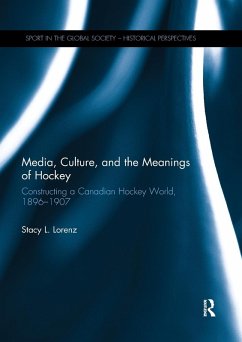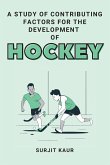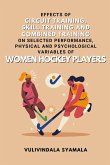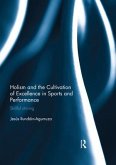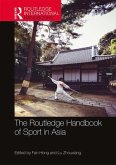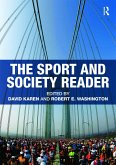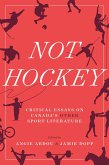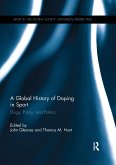This volume examines the cultural meanings of high-level amateur and professional hockey in Canada during the late nineteenth and early twentieth centuries. In particular, the author analyzes English Canadian media narratives of Stanley Cup "challenge" games and championship series between 1896 and 1907. Newspaper coverage and telegraph reconstructions of Stanley Cup challenges contributed significantly to the growth of a mediated Canadian "hockey world" - and a broader "world of sport" - during this time period. By 1903, Stanley Cup hockey games had become national Canadian events, followed by audiences across the country. Hockey also played an important role in the construction of gender and class identities, and in debates about amateurism, professionalism, and community representation in sport. The author also explores the connections between violence and masculinity in Canadian hockey by examining media descriptions of "brutal" and "strenuous" play. He analyzes how notions of civic identity changed as hockey clubs evolved from amateur teams represented by players who were members of their home community to professional aggregations that included paid imports from outside the town. As a result, this volume addresses important gaps in the study of sport history and the analysis of sport and popular culture. This book was originally published as a special issue of The International Journal of the History of Sport.
Hinweis: Dieser Artikel kann nur an eine deutsche Lieferadresse ausgeliefert werden.
Hinweis: Dieser Artikel kann nur an eine deutsche Lieferadresse ausgeliefert werden.

